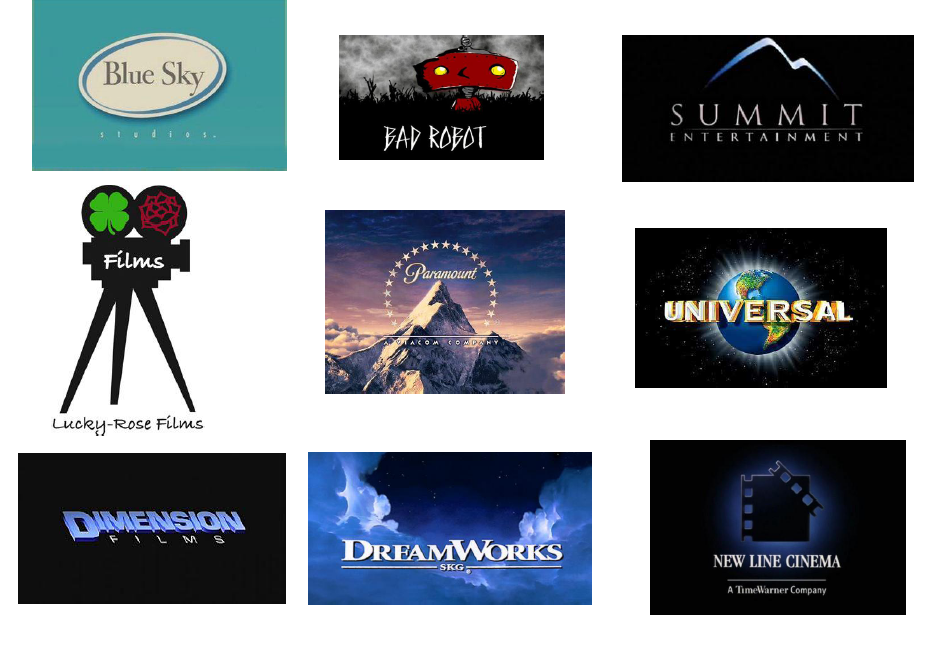Unit 1:
|
An introduction to industry sector health and safety standards as well as ethical and legal responsibilities of filmmakers will be offered. Expanding the view of filmmaking to include the array of documentary film genres, discover the models of discourse available to the cinematic artist and broadcast professionals. Develop an individual “production company” that will guide course projects based on themes of community to global mindedness. Form small production teams that will, on a rotating bi-weekly basis, create RCTV segments from pre-production planning, to post-production computer based editing, to school and community wide publicity of the online webcast.
Students will be able to:
|
Unit 2: Expository Mode |
Explore films, as well as various media products, produced using the expository model of documentary by way of a student generated analysis tool. Create a short film where the structure is grounded in a series of assertions backed up by evidence. The assertions may be presented through verbal commentary from a voice-over narrator, while images provide the evidence. Base the film’s content on a specified audience market’s trends based on research and analysis, in addition to advocating one’s own production company’s mission and values.
Concurrently, work in small production teams to produce RCTV segments for webcast. Build upon beginning level equipment by learning more advanced industry standard equipment. Work safely, ethically, and respectably in compliance with industry standards. Students will be able to:
|
|
Unit 3:
|
Compare and contrast films, as well as various media products, produced using the observation model of documentary by way of a student generated analysis tool. Create a short film where the structure is grounded in the use of observations of an unobtrusive camera to create direct engagement with the everyday life of subjects. Base the film’s content on a specified audience market’s trends based on research and analysis, in addition to advocating one’s own production company’s mission and values.
Concurrently, work in small production teams to produce RCTV segments for webcast. Build upon beginning level equipment by learning more advanced industry standard equipment. Work safely, ethically, and respectably in compliance with industry standards. Students will be able to:
|
|
Unit 4:
|
Evaluate films, as well as various media products, produced using the participatory model of documentary. Create a short film emphasizing the interaction between filmmaker and subjects. Expand upon industry typical interviews or other forms of even more direct involvement from conversations to provocations to distinguish the work. Research archival footage to examine historical issues and constructing deeper connections to the subject matter. Build upon beginning level equipment by learning more advanced industry standard equipment. Work safely, ethically, and respectably in compliance with industry standards.
Students will be able to:
|
|
Unit 5:
|
Assess films, as well as various media products, produced using the poetic model of documentary. Create a short film, perhaps bearing a close resemblance to experimental and avant-garde film, emphasizing visual associations, tonal or rhythmic qualities, description, and form. Build upon beginning level equipment by learning more advanced industry standard equipment. Work safely, ethically, and respectably in compliance with industry standards.
Students will be able to:
|
|
Unit 6:
|
Deconstruct films, as well as various media products, produced using the reflexive model of documentary. Create a short film, which could include the mockumentary format, calling attention to the assumptions and conventions that govern filmmaking, increasing the viewer’s awareness of how film construct representations of reality. Work safely, ethically, and respectably in compliance with industry standards.
Students will be able to:
|
|




